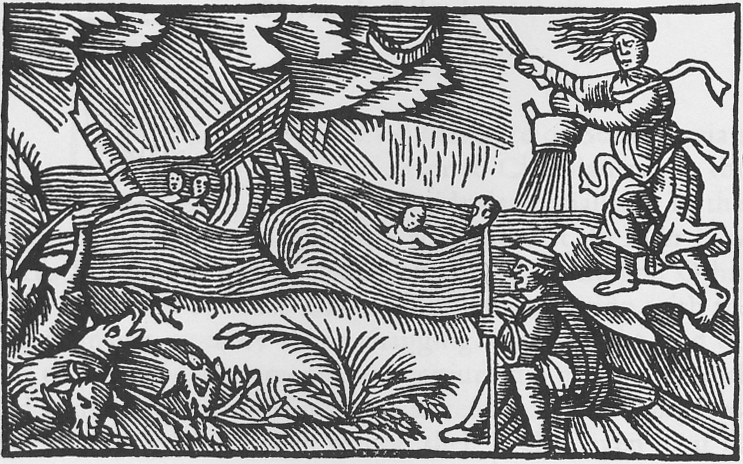
Sundays are disorienting these days, aren't they? No getting up and out the doors to our various places of worship. Granted, some congregations live-stream services with the pastor and a musician or three, but the majority "can" worship and share it with the flock. This morning Rev. Katy (another retiree) and I offered reflections for Trenton United because Rev. Isaac was taking a week of stay-cation.
We were in a canoe on the Salmon River near Roblin shortly after 8:00 this morning and it was a tranquil, worshipful 90 minutes or so under the canopy of leafing trees.
But I digress, sort of.. I wanted to tell you that yesterday I finished a novel called The Mercies by Kiran Millwood Hargrave which has received strong reviews. It was one of three novels I gave Ruth for her birthday and when she finished it I picked it up.
It is based on actual events in 17th century Norway, during a period of persecution of people condemned as witches and sorcerers. They were mostly Sami, the indigenous people we called Lapps when I was young. It turns out that Lapp is a derogatory term for these semi-nomadic people who herded reindeer, as well as hunted and fished and foraged off the land. They had their own spirituality which might be considered animism, strongly connected to the land.
This made them targets of suspicion and condemnation which resulted in the executions of more than 90 in pathetic "trials" which involved little in the way of justice. The collusion of the Christian churches was both dismaying and predictable. Somehow clergy and other officials convinced themselves that the love of God could include torture to extract confessions and death by burning.
The novel is both fascinating and a tough read. It focuses on relationships within one village where an actual sudden and violent storm occurred led to the deaths at sea of nearly all the community's men, at least 40 fishermen. Eventually a couple of the women were tried for conjuring the storm through witchcraft as Sami supposedly had magical powers to control the elements. The guilt of one was amplified by her choice to wear trousers when the women took on the tasks of their deceased husbands, including fishing.

Sami Drummer Eirik Myrhaug
This was in an era when hysteria over witchcraft came to a destructive fever pitch in Europe and in America (think Salem witch trials.) The story also made me think of the persecution of Indigenous peoples in Canada and the extensive efforts made to extinguish their spirituality.. In the novel Sami drums are destroyed and we know that they were stolen to become artifacts in museums. In North America similar things were done with prohibitions on totems and other "suspicious" symbols.
We need to keep in mind that there are still Sami people in the north of Scandinavia, as there are First Nations, Inuit, and Metis people in Canada. There are efforts around the world to revive and preserve the pre-Christian spirituality of indigenous peoples.
We would both recommend reading The Mercies even though it is a sobering story. I have to wonder whether these murderous "Godly" men ever had pangs of conscience or whether they went to the grave without contrition. And if there is a hell, are they there?
I love turtles, rah, rah, rah! Today's Groundling blog.
https://groundlingearthyheavenly.blogspot.com/2020/05/ooh-i-love-turtles.html

No comments:
Post a Comment